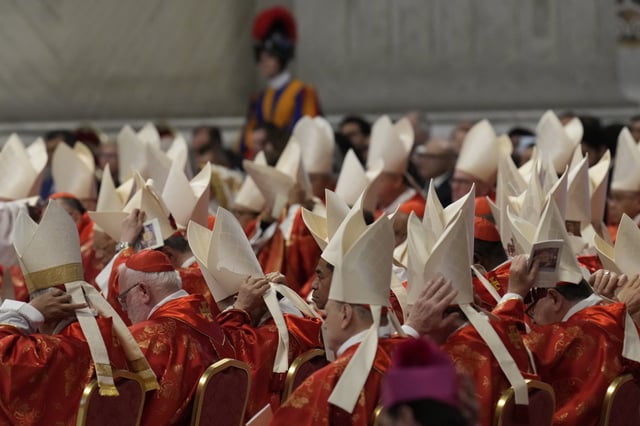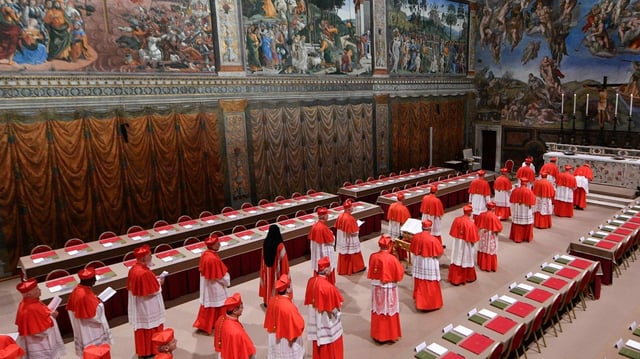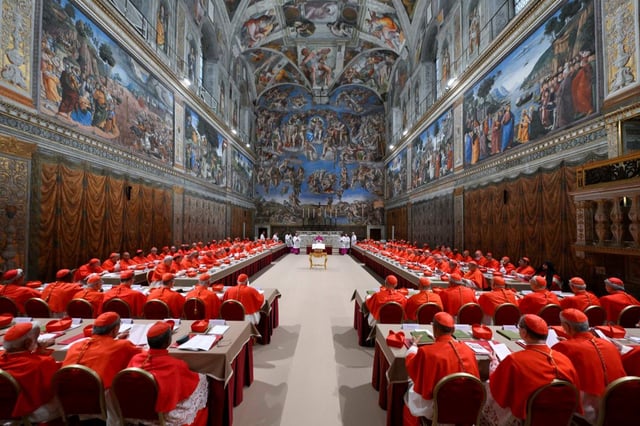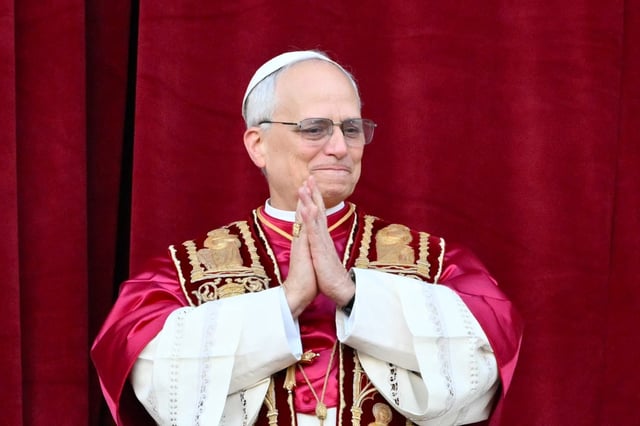Overview
- Cardinals participating in the ongoing papal conclave are served simple cafeteria-style meals, including pasta, vegetables, and soup, prepared by nuns under vows of secrecy.
- Historical food restrictions, dating back to 1274 under Pope Gregory X, aimed to prevent poisoning and the smuggling of messages through complex dishes like ravioli and whole chickens.
- Modern conclaves prioritize digital security with measures like electronic jamming and device confiscation, though food rules remain as a symbolic nod to tradition.
- Cardinals have expressed dissatisfaction with the plain quality of the meals, describing them as uninspired and akin to 'train station food.'
- The conclave, currently underway in the Sistine Chapel, continues the Church's long-standing emphasis on secrecy while adapting to evolving security concerns.



